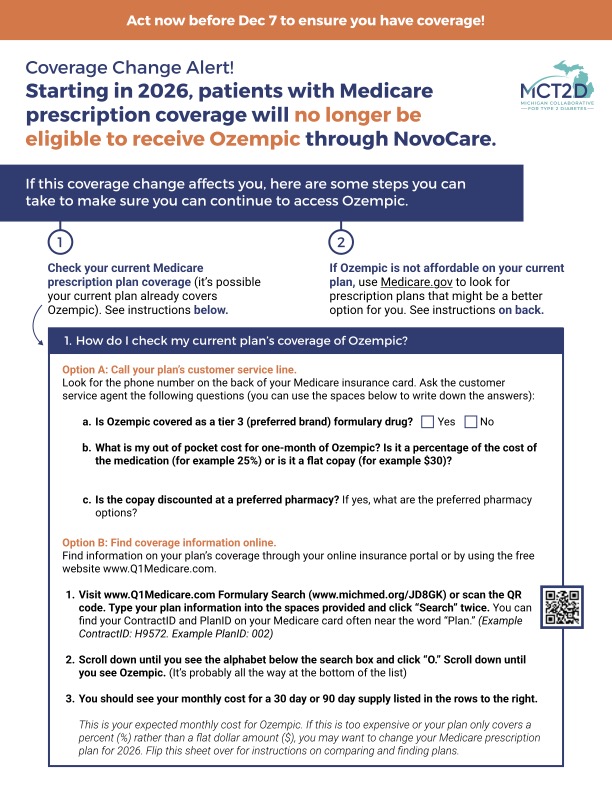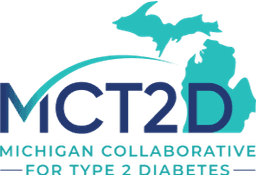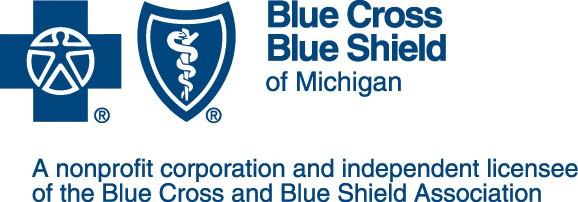THE MICHIGAN COLLABORATIVE FOR TYPE 2 DIABETES
Shifting the paradigm of type 2 diabetes care through dissemination of best practices and partnering to remove barriers to care.
PARTICIPATING SITES
7 regions across Michigan
We bring together nearly 350 primary care, endocrinology, and nephrology practices as well as a team of patient advisors from across the state to collectively and creatively advance the best in evidence-based diabetes care. We are committed to developing innovative, data-driven tools, processes, and partnerships to support our members.
QUALITY INITIATIVES
Together, we work to accelerate the implementation of quality diabetes care, including three guiding initiatives.
HIGHLIGHTED WORK
Introducing JUMPSTART, a one-stop interactive learning portal for patients who are low carb curious or who are seeking a starting point for diabetes-friendly nutritional information.
LEARN ABOUT JUMPSTARTPATIENT PERSPECTIVES
Stories, patient advisory board, and ways we work with patients with type 2 diabetes
Meet Doug and Kellie, MCT2D patients
In 2023, a nationwide shortage of GLP-1 RAs left many angling for access to their type 2 diabetes medication. Kellie and Doug, both individuals with type 2 diabetes, and their primary care provider, Rose Mary, were among those impacted. Kellie and Doug share just a slice of the challenges they faced in recent years—severe COVID-19 hospitalizations, disruptions and changes in health insurance coverage—as part of our Spring 2024 regional meetings.



